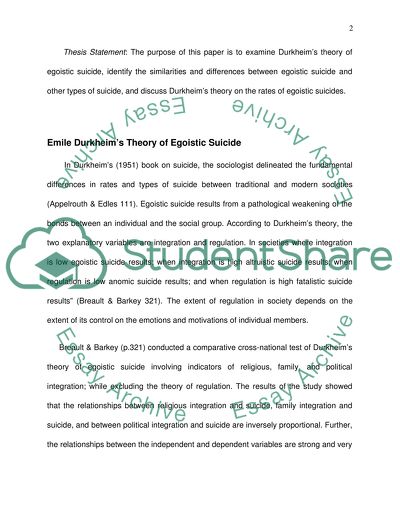Cite this document
(“Sociology- Egoistic Suicide Research Paper Example | Topics and Well Written Essays - 1000 words”, n.d.)
Retrieved from https://studentshare.org/family-consumer-science/1422925-sociology-egoistic-suicide
Retrieved from https://studentshare.org/family-consumer-science/1422925-sociology-egoistic-suicide
(Sociology- Egoistic Suicide Research Paper Example | Topics and Well Written Essays - 1000 Words)
https://studentshare.org/family-consumer-science/1422925-sociology-egoistic-suicide.
https://studentshare.org/family-consumer-science/1422925-sociology-egoistic-suicide.
“Sociology- Egoistic Suicide Research Paper Example | Topics and Well Written Essays - 1000 Words”, n.d. https://studentshare.org/family-consumer-science/1422925-sociology-egoistic-suicide.


